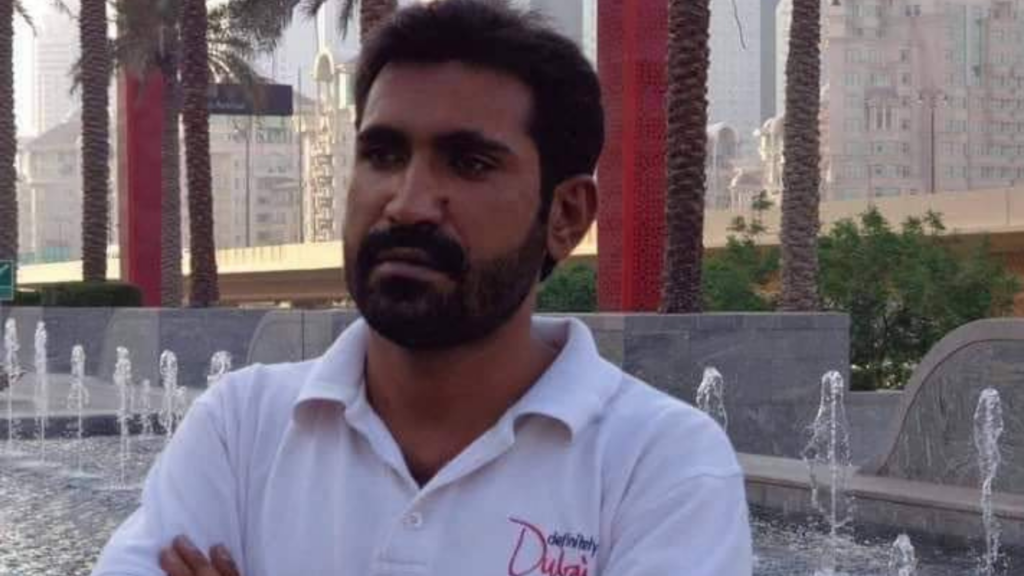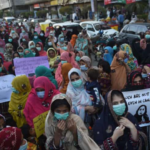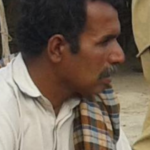United Arab Emirates secret service agents allegedly whisked away Abdul Hafeez s/o Muhammad Ramzan, a resident of Zehri area of Balochistan from the parking area of his apartment building in International City of Dubai on Wednesday night. Since then his whereabouts are unknown.
According to eyewitnesses, the secret service agents first approached the security guard of the building, inquired about Abdul Hafeez’s residence. They waited in the parking lot for 4 hours for him to arrive. As soon as he reached the parking lot, the secret service agents picked him up and went. The security guard of the building informed his family about the incident. Later, the family approached police to file his abduction report, however, the police excused to file any report before 24 hours of the incident.
Human Rights Council of Balochistan is alarmed by enforced disappearance of Baloch activists in United Arab Emirates. Prior to Abdul Hafeez’s disappearance, his cousin Rashid Hussain Brohi was forcibly disappeared by UAE authorities from Sharjah in December 2018. Later on, a leaked official document shown that Rashid Hussain was deported to a military airport in Pakistan. since then his whereabouts are unknown. However, the Pakistani authorities have not officially acknowledge the case.
We call upon the UAE government to reveal the whereabouts of Abdul Hafeez to his family immediately. If there are allegations against him, he should be produced in a court and due course of law must be followed.


